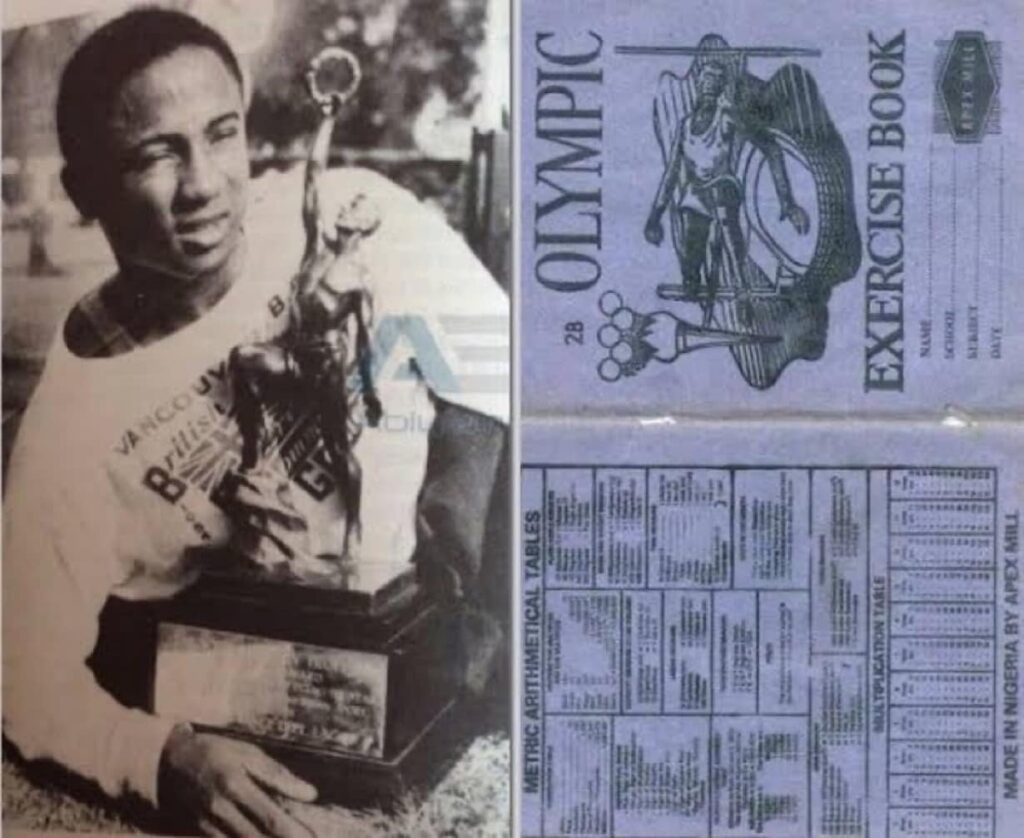In 1954, the name Emmanuel Ifeajuna echoed with pride across Nigeria and the African continent. At the British Empire and Commonwealth Games in Vancouver, he soared into history, becoming the first Black African to win a gold medal at an international sporting event. His high jump victory stunned the world and inspired generations, earning him the adoration of a nation that had not yet gained independence but dreamed big.
Newspapers like the West African Pilot hailed the triumph with headlines like “Nigeria Creates World Sensation.” Ifeajuna’s image was immortalized on school notebooks, and for over a decade, he remained Nigeria’s only gold medalist in Olympic or Commonwealth history.
But history would not remember him solely for his athletic achievements.
In January 1966, Nigeria was reeling from post-independence instability. Ifeajuna, now a military officer, became one of the central figures in the country’s first coup. According to disputed reports, he shot and killed Prime Minister Abubakar Tafawa Balewa — a moment that would forever taint his legacy. The coup failed, and Ifeajuna fled to Ghana, allegedly disguised as a woman and aided by renowned poet Christopher Okigbo.
Ifeajuna joined the Biafran fight for secession when the Nigerian Civil War began in 1967.. But within months, he was accused by Biafran leader Chukwuemeka Odumegwu Ojukwu of plotting another coup — this time against Biafra. Alongside three others, he was executed on September 25, 1967. The trial was brief, the execution swift. They claimed they were working to prevent more bloodshed through a ceasefire with the Nigerian federal forces. History remains divided over their true intentions.
Emmanuel Ifeajuna’s life illustrates the tragic conflict of patriotism and ambition amid Nigeria’s post-independence turmoil.


